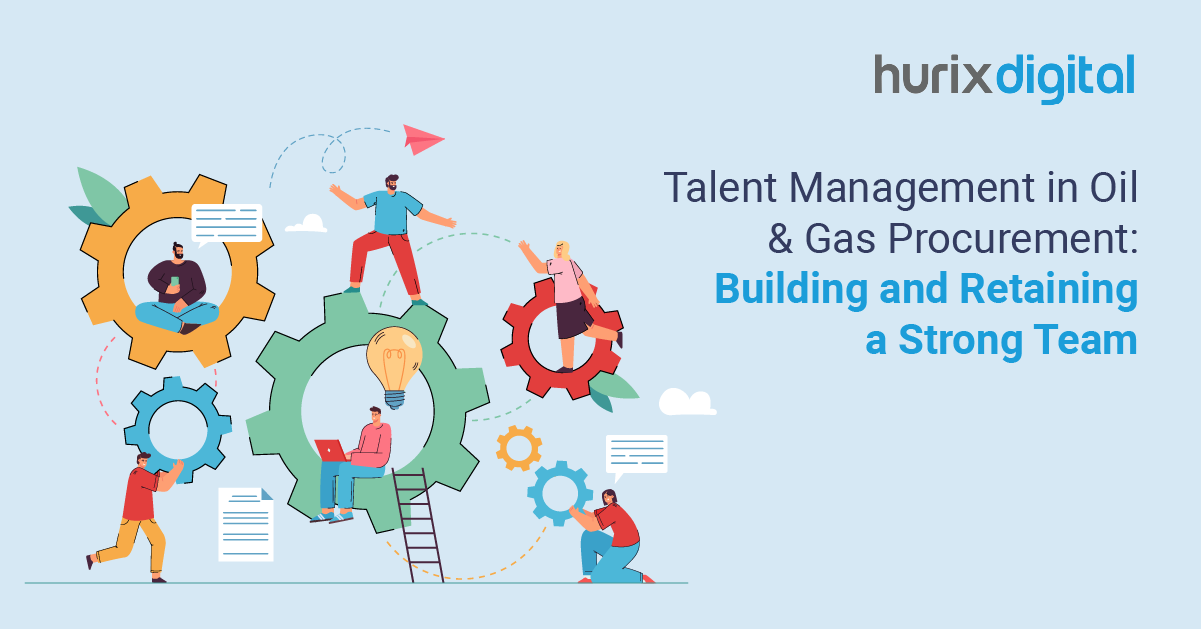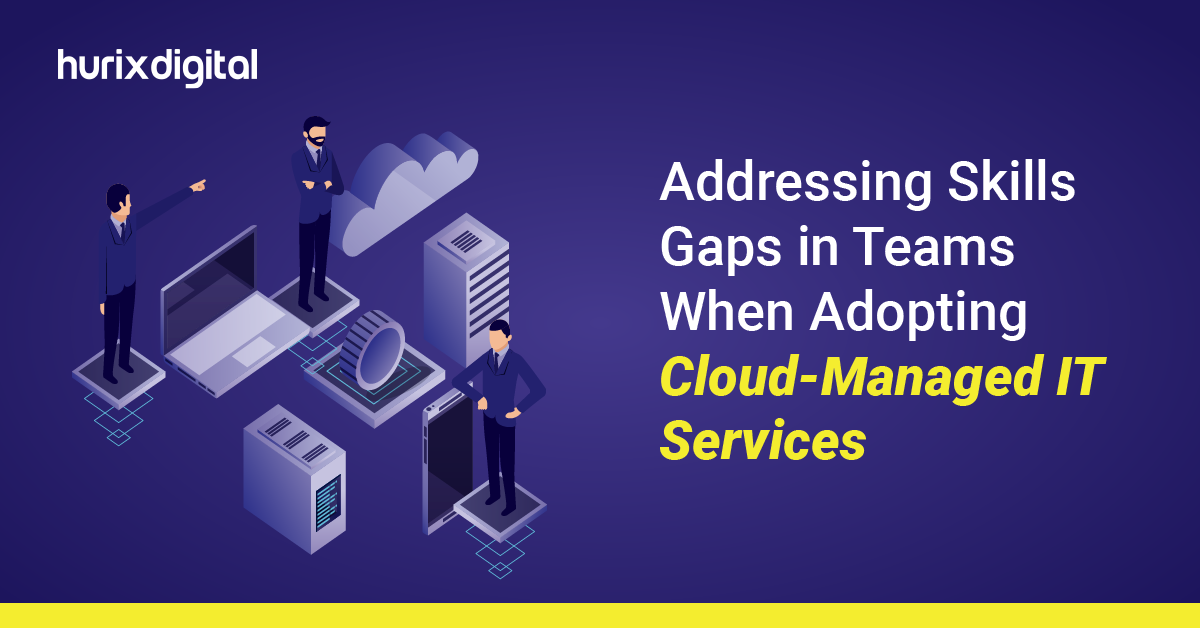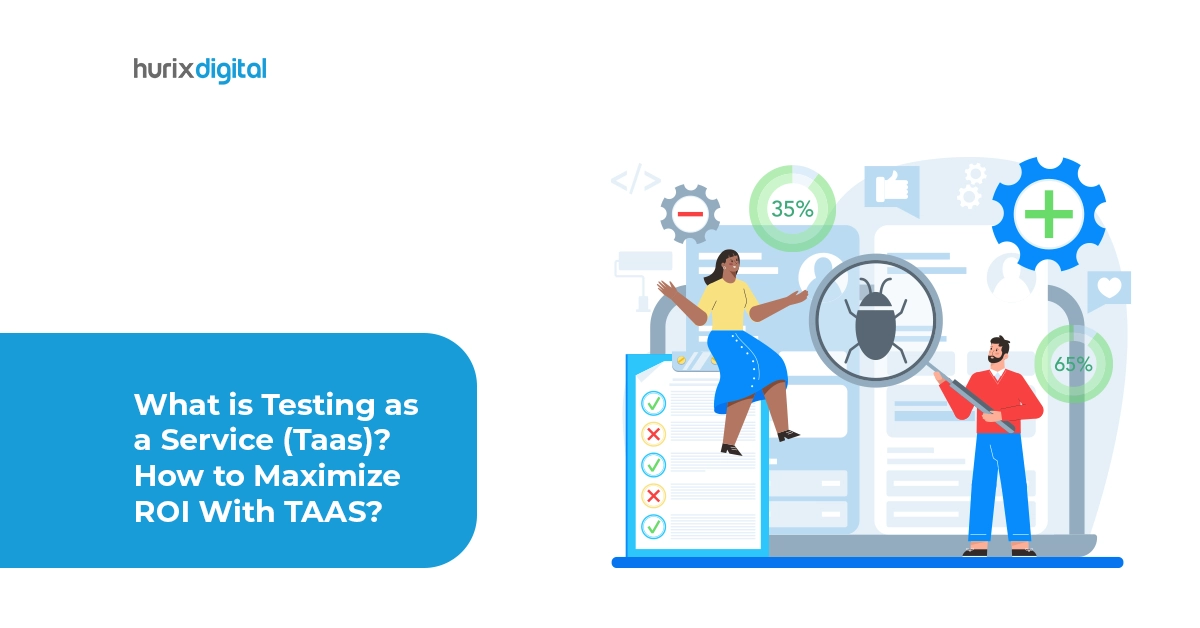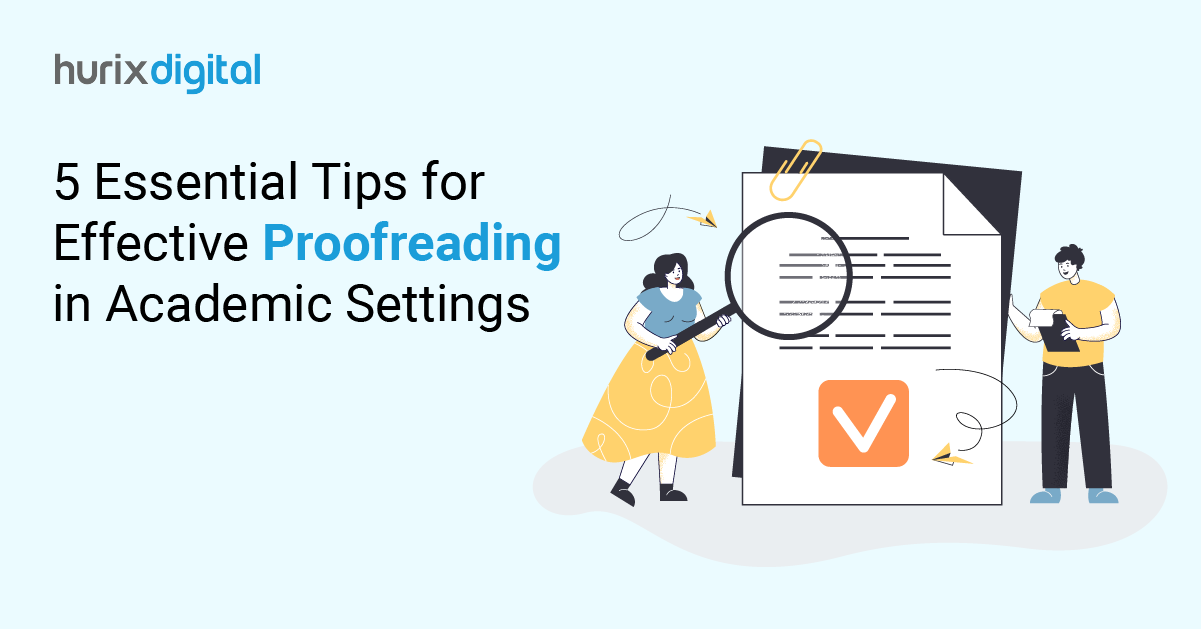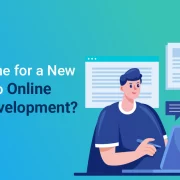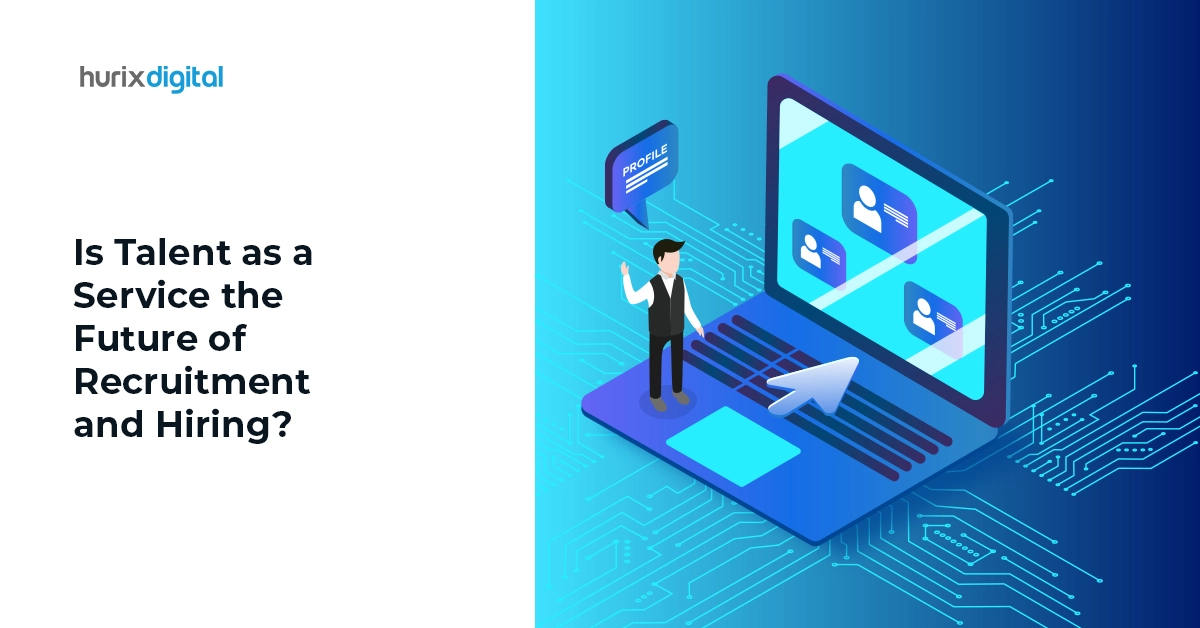
Is Talent as a Service the Future of Recruitment and Hiring?
Summary
This article examines the concept of Talent-as-a-Service (TaaS) and its potential impact on recruitment and hiring. Discover how TaaS could reshape the future of talent acquisition.
Talent as a service (TaaS) is a relatively new idea that has become more well-known recently. It entails contracting out your hiring procedure to an outside company that can assist you in quicker and more efficiently identifying the best applicants.
The talent as a service marketplace is projected to grow from an expected value of US$ 387.0 million in 2022 to US$ 1,173.6 million by 2032, at a compound annual growth rate (CAGR) of 11.7%.
The amalgamation of intelligent personnel management and artificial intelligence (AI) is revolutionizing talent as a service, optimizing assignments, and elevating the applicant experience in its entirety.
This blog explores the ongoing trends and future predictions of hiring strategy due to the evolving patterns of Taas in the workforce.
Table of Contents:
- What is Talent as a Service (Taas)?
- 4 Key Emerging Trends in Talent as a Service (TaaS)
- Top 5 Benefits of TaaS
- Conclusion
What is Talent as a Service (TaaS)?
TaaS refers to the quick supply of highly skilled workers on demand, made available to businesses via a cloud-based platform. Like SaaS, TaaS aids businesses in reducing expenses and boosting productivity.
The way Talent as a Service (TaaS) operates is through collaboration with an outside supplier that specializes in hiring. The TaaS provider plans to work thoroughly with the company to comprehend its hiring requirements before developing a special strategy to locate qualified applicants.
The Talent as a Service procedure normally operates as follows:
- Assessment: The TaaS provider will collaborate with the company to identify the roles that need to be filled, the expertise and ability levels needed, and any other particular requirements.
- Finding the most suitable Candidates: To locate the best candidates, the TaaS supplier will employ a range of procuring techniques, such as networking sites, professional associations, and job boards.
- The Applicant Screening: The TaaS provider will interview prospects to make sure they correspond to the company’s values and have the abilities and expertise that are required.
- Interviewing Applicants: To determine an applicant’s skills and fit for the position, the TaaS supplier will hold preliminary interviews.
- Onboarding and Learning: The TaaS provider will take care of the onboarding and training process for the selected candidates to make sure they’re prepared to start working right away.
- Continuous Support: In order to guarantee a smooth transition, the TaaS supplier will keep helping the company and the newly hired employees.
Also Read: Beyond the Surface: Unveiling the TaaS Business Model Playbook
4 Key Emerging Trends in Talent as a Service (TaaS)
The continued application of cutting-edge technology and creative HRM techniques has contributed to the rapid expansion of talent as a service.
Here are the key elements of TaaS that are bringing about significant changes in the hiring model and their potential future implications:
1. Incorporation of Artificial Intelligence
AI is one of the fields of talent acquisition programs that is expanding at a rapid pace. Natural language processing (NLP), chatbots, job-posting channels, and intelligent talent systems are a few instances.
Artificial Intelligence (AI) can do tasks like screening resumes for particular skills, in contrast to robotic process automation (RPA), which carries out tedious, manual duties. AI can assist recruiters in analyzing and interpreting documents, reviewing job boards, and more when paired with RPA. Many businesses have added features to their recruiting software, like the ability to generate interview questions, as a result of ChatGPT’s growth.
While NLP assists users in creating job postings, provides advice on how to tailor the postings to be more appealing to candidates, and enhances chatbot response precision, recruitment chatbots may assist applicants by offering additional information about job openings. By studying user behavior, machine learning can assist in increasing the software’s effectiveness.
2. Use of Metrics and Analytics
Analytics are being quickly adopted by many hiring managers, and this is still a significant trend that will influence how businesses establish their hiring model. By integrating analytics into talent acquisition procedures, organizations can find areas for development, make better decisions, and spend less on hiring new employees.
Recruiters can obtain metrics from analytics like these:
- The hiring source
- Estimated time to hire
- Job age (length of time it was available)
- Acceptance rate of offers
- Expense for each hire
- Cost of vacancy: The expense incurred by the company while an opening is unfilled
- Metrics about diversity and equality
Additionally in demand is predictive analytics, which aids recruiters in projecting future patterns like anticipated duration to fill and interview approval rate. Predictive analytics, trend detection, and visualization are now features found in the majority of recruiting software.
3. Increasing Emphasis on Skills and Expertise
Evaluating abilities and expertise and utilizing the results to find, evaluate, and match candidates to available positions are growing in popularity due to the use of AI.
Employee characteristics like motivation, goals, and interpersonal skills are increasingly being incorporated by certain HR software providers into their systems for use in a range of procedures.
4. Surge in Employer Branding Trends
In a competitive labor market, employer branding has become a major recruiting trend in the past few years and is still a critical distinctive feature for businesses of all sizes.
In addition to applicants seeking employers who share their ideals and provide a rewarding work environment, many job seekers are also interested in remote work choices and professional growth prospects. Furthermore, candidates can find out more about the work environment and conditions of a company with greater ease thanks to online company review systems.
An organization’s capacity to draw in top talent, lower attrition, and raise staff morale can all be impacted by a strong employer brand. These days, a lot of businesses are making investments in their employer brands by using techniques like social media presence and worker testimonials.
Top 5 Benefits of TaaS
Here are the top-rated benefits of talent as a service that businesses must consider:
- Time Savings: By handling every step of the hiring procedure, the TaaS solution saves the company’s time and financial resources to concentrate on other projects.
- Lower prices: Since TaaS eliminates the need for hiring, training, and HR staff, it may be a more affordable choice for businesses.
- Access to the Best Skills: It can be challenging for organizations to locate and draw in top talent single-handedly. TaaS providers, on the other hand, have vast resources and expertise in doing just that.
- Scalability: TaaS is a scalable and adaptable solution because its suppliers can swiftly scale up or down their offerings in response to the hiring needs of the company.
- Decreased Risk: Since TaaS providers find and vet candidates, they take on a portion of the risk associated with hiring, lowering the possibility that an unsuitable applicant will be hired.
Also Read: The Role of Artificial Intelligence in TaaS Software for Smarter Logistics
Conclusion
Two key factors propelling the market’s growth are the increasing uptake of mobile-based management tools and the growing rate of cloud-based platforms.
Talent as a service (TaaS) platforms are becoming more popular among businesses and HR professionals as a way to automate the processes of finding, screening, and hiring new candidates from reservoirs of talent as well as retaining current employees.
If you are looking for talent management software to streamline your hiring process, get in touch with Hurix Digital. By utilizing our expert services, you can completely reimagine the onboarding process and combine cutting-edge technology with a personal touch.
Connect with us to get started today!

SVP & Head – Hurix Technology Solutions
Global Delivery head with 25 years of working experience in NYC investment banks and fintech companies. Hands-on technology delivery management and program management, accountable for stakeholder relationships, Strategic roadmap, P&L, Revenue growth, Account Management, and employee satisfaction.
